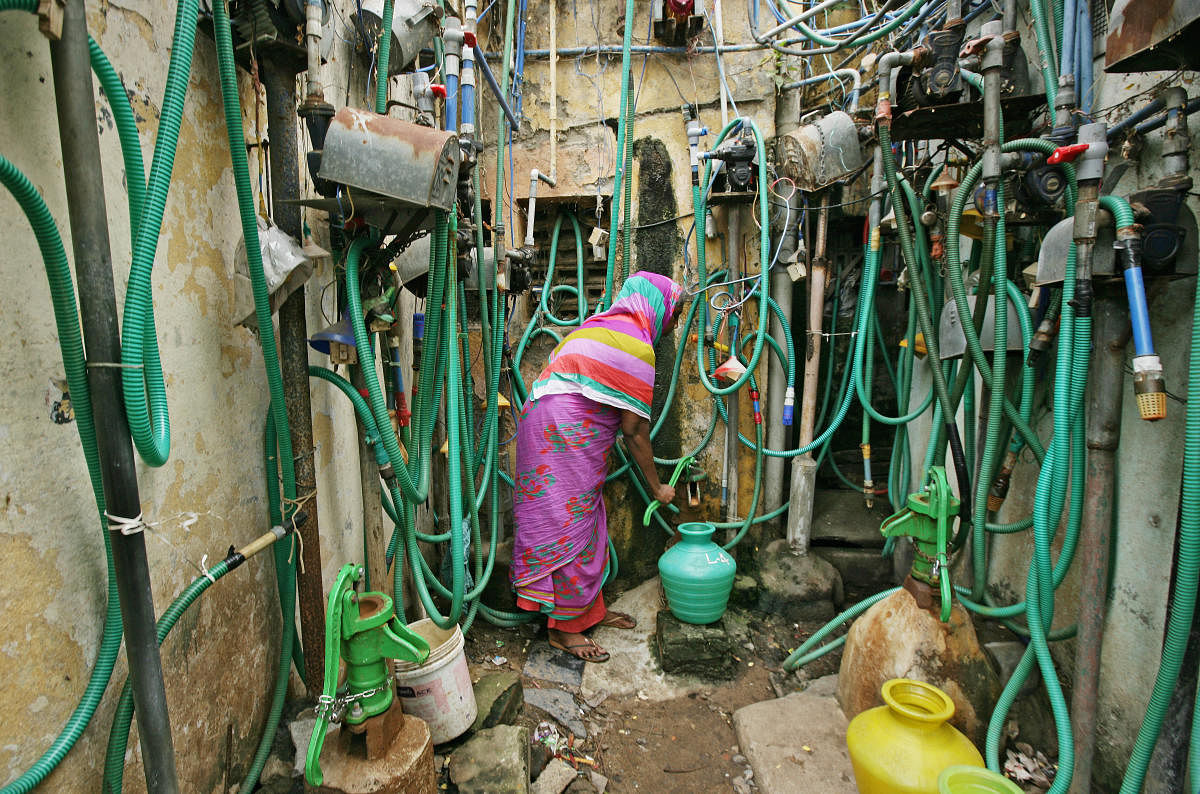
Prime Minister Narendra Modi’s announcement of the plan to provide piped water to every rural household by 2024 was made at a time when most parts of the country are experiencing severe water stress. Modi made the announcement at a meeting of the governing council of Niti Aayog, which has itself prepared very bleak reports about the water situation in the country. Chennai is facing a terrible water crunch, and people are fleeing the city for want of it. Water wars have been reported from parts of the city and the lives of people at home, in offices and workplaces has been badly affected. Chennai is an extreme case because the city has always had water shortages. But the calamitous situation that has hit one of the top metropolises of the country has ominous lessons for other cities and the rest of the country. Most other parts of the country are also experiencing severe water shortage because of the delayed arrival of the monsoon. The Indian Meteorological Department (IMD) has estimated that there has been a 38% shortfall in the monsoon precipitation till now.
Water scarcity in cities get noticed. The shortage of water and drought that affect farmers also receive some attention. But the drinking water problem faced by the rural population hardly gets any attention. The majority of villages in the country are water-starved and people, especially women, trudge miles to procure water. So, the promise to supply piped water to all rural households in five years is a major one and the prime minister hopefully knew the full implications of his promise when he made it. It poses a much bigger challenge than electrifying all villages or implementing the Swachh Bharat scheme. Only one in five rural households has piped water supply now. Even this figure is disputed. There are also great variations among states in this respect, with states like UP and Bihar lagging far behind other states.
The assured availability of piped water can make a vast improvement in the quality of life in the rural areas. It is very important for public health also because use of contaminated water or lack of water is a serious health hazard. The programme will call for joint efforts by the Centre and state governments. The recently created Jal Shakti ministry will have a key role but it will have to necessarily involve many other ministries and departments. Every citizen has the right to water, just as there is a right to air and food. The plan is ambitious and very welcome, but for its success the government should keep politics out if it.